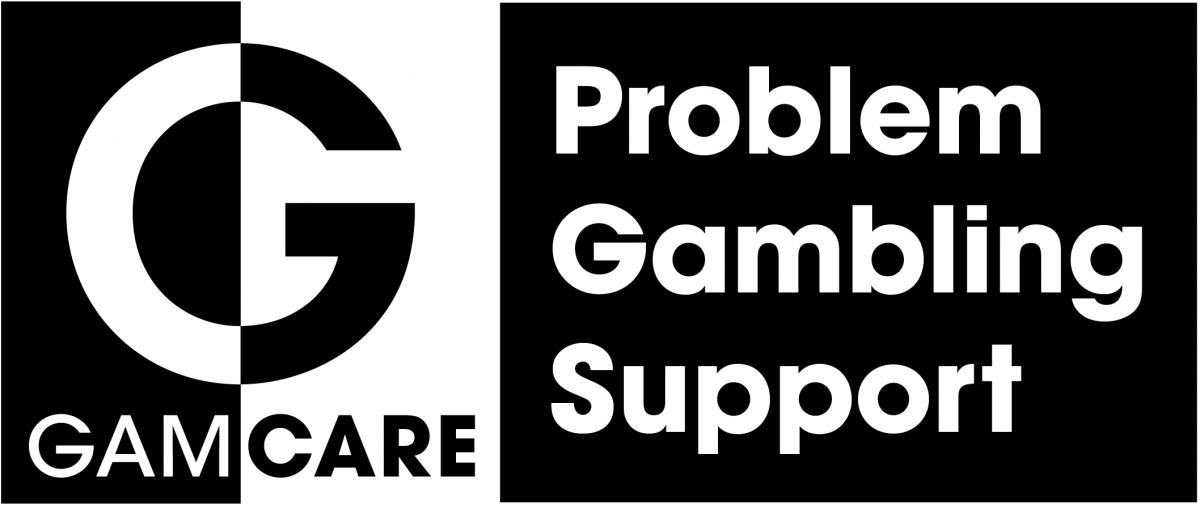Blackjack is known as one of the simplest games you’ll ever play at the casino. They’ve even used math to figure out what plays you should make, depending on the which cards you (and any other players at the table) have and what the dealer’s up-card is. But it does take a little while to memorize these plays, and the strategy changes slightly depending on which blackjack variant you’re playing. In this one aspect alone, blackjack can be a little confusing.
Knowing what plays you have at your disposal is a good start. Hitting and standing are so commonplace, they’ve entered our everyday language; doubling down is a less well-known play. When you double, you’re multiplying your bet by up to 2X and you get dealt just one more card. It sounds risky, and it is, but there are certain situations where it’s the right mathematical play. Here’s a rundown of those situations, split into three levels of play: Beginner, Basic and Advanced.
If you’re just starting out, here’s an easy way to remember when to double: Hard 9 and Soft 16-18, when the dealer’s up-card is a Six or lower. “Hard” in blackjack means there’s no Ace in your hand. “Soft” means you have at least one Ace. So if you have Five-Four or Ace-Seven in your hand, and the dealer has to draw at least two more cards, go ahead and double down. It’ll be the right play more often than not.
Once you move up to a basic blackjack strategy, you have to start taking more things into account. How many decks are in the shoe? Does the dealer hit or stand on Soft 17? Does she “peek” for blackjack? Are surrenders allowed? What about doubling after you split? Each of these variables will alter your strategy slightly.
When you’re playing blackjack live and you already have the basics down pat, if you feel there’s a higher ratio of 10-value cards left in the shoe than normal, you’ll have the incentive to double more often. Just don’t double in situations where you have to stray too far from the basic strategy.



